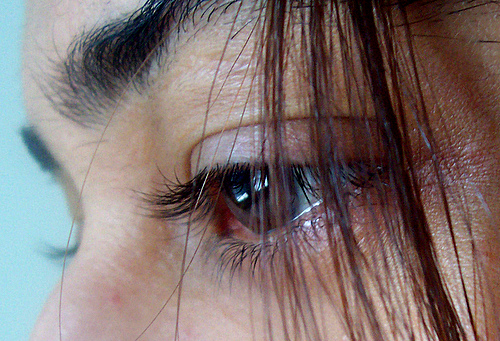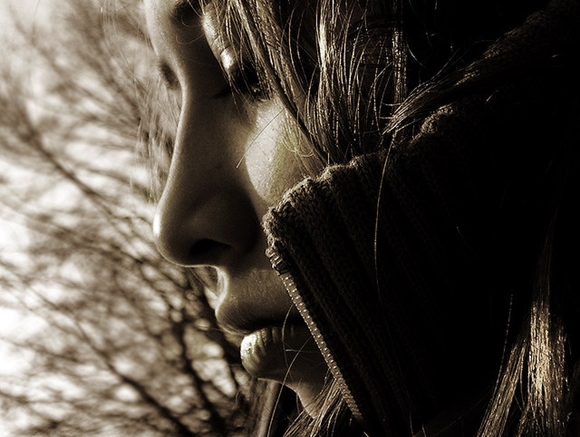Time doesn’t heal all wounds, it just gives them space to sink into the subconscious, where they will still impact your emotions and behavior. What heals is going inward, loving yourself, accepting yourself, listening to your needs, addressing your attachments and emotional history, learning how to let go and follow your intuition.
– Yung Pueblo
It might be the elephant in the room, but it needs to be said. Covid-19 has changed us. We all, in some way, are connected to the loss. We have lost family members and friends, the businesses we poured our hearts and souls into for so long have been forced to close, our jobs have unexpectedly been furloughed, our income has stopped abruptly, and our essential connection–human connection has been acutely cut off. With all of this change comes a slow and staggering trauma to our systems whether we are ready to notice it yet, I’m not sure.
What I have noticed is the symptoms from that trauma rising up, collectively. The symptoms teeter-totter between fear of the unknown and the resulting apathy or hopelessness that forms from being in this fear for almost a year now. We are easily triggered, pushed to our edges with family members at risk, less money, and our children doing school in the living room. The real question is, how are we processing this trauma and how are we going to make it to the other side stronger than before?
I believe the answer lies in the question and that this trauma must be acknowledged and processed. I personally have always been curious about trauma and what makes some stand through some of the most difficult challenges in history and make it to the other side, and what makes others continue to suffer for long periods of time after the trauma.
Kerry Ressler, professor of psychiatry and behavioral sciences at Emory University School of Medicine says, “Some people have this ability to keep going, maintain relationships, hold a job down and not give up even though they may be overwhelmed with emotion, in the animal kingdom, most creatures are extremely resilient. Humans can be too. However, unlike animals, some of us may have a hard time shutting down our stress response after a threatening experience because we continue to ruminate about it or anticipate a similar danger. The extent to which different people can move on and then confront similar traumas in the future is linked to their upbringing and character.”
He goes on to explain that our childhood experiences and how we overcame stressors over time helped build our resiliency. Some children, he notes, are more prone to optimism genetically which is connected to resiliency in our adult life.
With all this being said, I believe that yes, our childhood experiences, upbringing, and genetic disposition for handling stressors contribute significantly to our ability to process trauma, but I also believe that there has to be something outside of our past to help those that struggle with resiliency right now.
I myself have been on this journey as I look for ways to move through trauma to the other side and find a place of peace. My journey has brought me to alternative healing therapies, specifically subconscious healing as I find that our trauma settles there and resides long after the experience is over. We only see it rear its ugly head when something triggers us and sends us right back to the original emotions felt as if no time has passed at all.
Subconscious healing, specifically Rapid Transformational Therapy, allows you to regress back to childhood memories where the subconscious mind formed beliefs around your resiliency, coping skills, and ability to thrive in challenging circumstances. The therapist guides you through those memories and helps you rewrite the meaning your subconscious mind formed, thus giving you another opportunity to build these basic blocks of development. This healing allows you to go back to those moments and heal the misbeliefs that had you stuck in thinking that you were incapable to survive.
I have had incredible results in my own life, as I suffered for a long time with ruminating thoughts that kept me stuck trying to “fix” or analyze moments of my life for years after they occurred. I would replay scenes relentlessly and always be looking for more of the same in my present that would then somehow validate the pain I experienced in the past. It was a vicious cycle of trauma. Rapid Transformational Healing has brought me to a new level of resiliency, that gives me the courage and the beliefs about myself that in the end allow trauma to pass and for my mind to finally let go. It has been a tangled journey to get here, but finally, I’ve been able to do some untangling that I feel is so relevant to these times. May we all seek to untangle and heal, so that our resiliency is strengthened in times like these.






Very interesting. Worth taking a dive into this thing.
Absolutely worth the time!